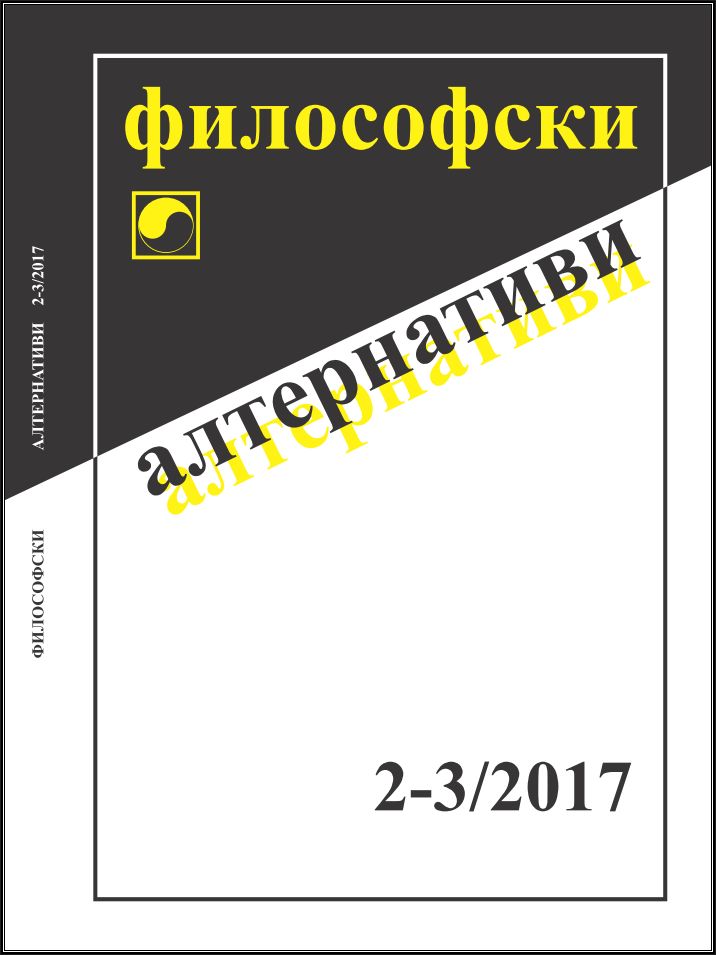Етиките на Макиавели: "Владетелят" и „Мандрагора“
Machiavelli’s Ethics: "The Prince" and "The Mandrake"
Author(s): Paul GuyerContributor(s): Angel Valentinov Angelov (Translator)
Subject(s): Politics / Political Sciences, Philosophy, Literary Texts, Essay|Book Review |Scientific Life, Ethics / Practical Philosophy, Political Philosophy
Published by: Институт по философия и социология при БАН
Keywords: Machiavelli; political ethics; private ethics; value-rationality; instrumental rationality, good governance; Renaissance comedy; early modern subjectivity
Summary/Abstract: In the language of theory and drama, Niccolò Machiavelli (1469-1527) continues the normative discourse of Boccaccio’s novels and at the same time marks the differentiation between the political and the private spheres, which began in the 14th century. In his treatise "The Prince" (written around 1513), Machiavelli outlines the foundations of a modern political ethics, and in the comedy "The Mandrake" (written around 1518) he shows how the Medieval normative system has turned into an ideology. He also delineates a modern private ethics that goes far into the future; in the course of modernity, this ethics remains dialectically related to the ethics of the political. The message of "The Prince" is frequently reduced to a purely “Machiavellian” theory of power and success, and "The Mandrakе" is interpreted as an illustration of "The Prince". However, Machiavelli is not a “Machiavellian”, and "The Mandrake" is not just a political allegory.
Journal: Философски алтернативи
- Issue Year: XXVI/2017
- Issue No: 2-3
- Page Range: 63-84
- Page Count: 22
- Language: Bulgarian
- Content File-PDF

